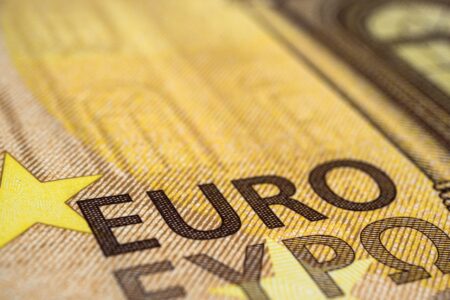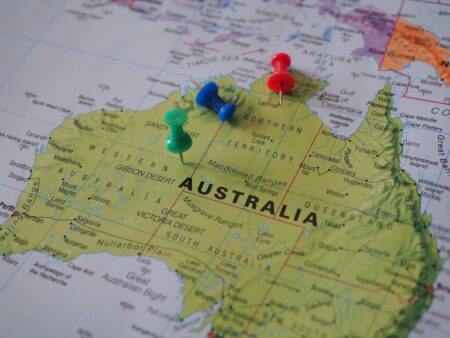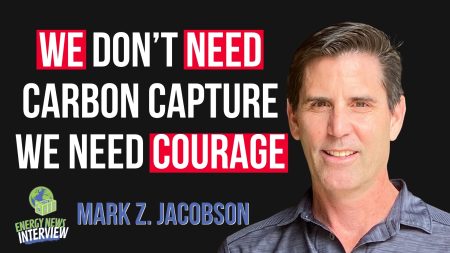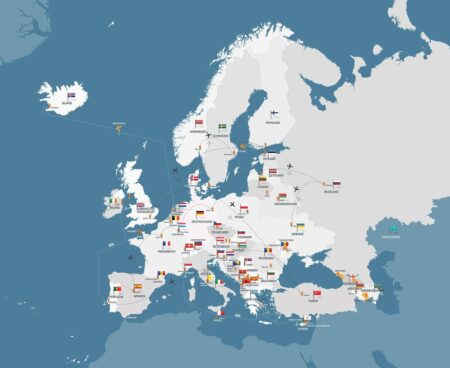As global electricity demand surges—driven by AI expansion and cloud services—Google has taken a strategic step into long-duration energy storage…
With over 14% of the Netherlands’ total CO₂ emissions stemming from its chemical industry, the sector is under mounting pressure…
The UK’s first Hydrogen Allocation Round (HAR1) has finally crossed a critical threshold: ten green hydrogen projects selected for subsidies have now signed funding agreements with the government.
Europe’s ambitions to decarbonize its steel sector using hydrogen-based direct reduced iron (DRI) have suffered a significant blow, as ArcelorMittal confirmed it is scrapping its €1.8 billion DRI and hydrogen plant in Dunkirk, France.
The Good Earth Green Hydrogen and Ammonia (GEGHA) project in northern New South Wales has reached financial close, marking a critical inflection point for regional hydrogen deployment in Australia’s agrifood value chain.
Amid record iron ore shipments and tightening capital discipline, Fortescue has taken a sharp pivot, announcing the cancellation of two flagship green hydrogen projects in the United States and Australia.
Australia’s energy transition has reached another critical inflection point with the commissioning of the 125 MW/250 MWh Koorangie Battery Energy Storage System (BESS) in Victoria.
Air pollution is the second leading cause of death globally, contributing to nearly 7.5 million premature deaths each year. The…
In 2024, 91% of new renewable energy projects worldwide delivered power at a lower cost than any new fossil fuel alternative, according to the latest data from the International Renewable Energy Agency (IRENA).
Europe’s ambition to become a global hub for energy storage system (ESS) manufacturing is facing a sobering reality check. As the Clean Energy Associates’ (CEA) Q2 2025 ESS Supply, Technology, and Policy Report outlines, while new policy frameworks like the EU’s Clean Industrial Deal State Aid Framework (CIDSAF) are designed to accelerate domestic energy storage production, a wave of cancelled or delayed projects suggests that economic headwinds and global supply pressures are undermining Europe’s manufacturing vision.










